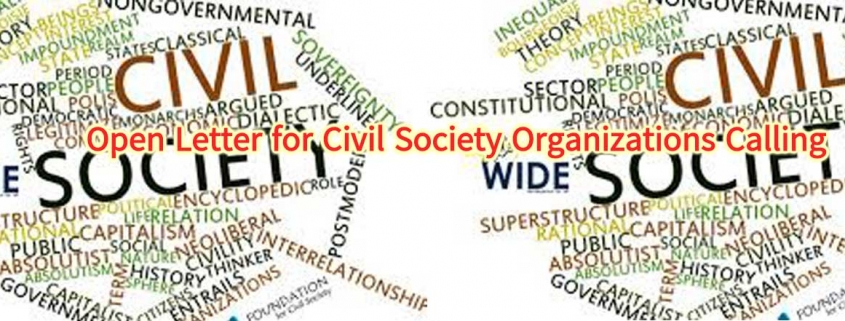A diverse groups of Civil Society Organizations calls on the Human Rights Council (HRC) to pass a swift and stong resolution at the 29th Special Session on Myanmar condemning the military coup and to take steps to ensure the protection of protesters, monitor the situation on the ground, and enable long-term federal democratic and human rights change in the country. The CSOs call for an urgent enhanced monitoring of the fast-unfolding human rights crisis in Myanmar, including by immediately sending a delegation to Myanmar to monitor the situation on the ground and report back to the Council and other relevant bodies.
“We are deeply concerned that the military is planning to retaliate using violence, unlawful arrest, and intimidation”
“We further call on UN Member States to consider imposition of strategic and targeted sanctions against the Myanmar military as an institution, including military-owned and controlled companies and their substantial business associates in accordance with the recommendations of the UN Independent International Fact-Finding Mission on Myanmar.”
They call on the HRC to urge the Myanmar military regime to:
ND Burma
ND-Burma formed in 2004 in order to provide a way for Burma human rights organizations to collaborate on the human rights documentation process. The 13 ND-Burma member organizations seek to collectively use the truth of what communities in Burma have endured to advocate for justice for victims. ND-Burma trains local organizations in human rights documentation; coordinates members’ input into a common database using Martus, a secure open-source software; and engages in joint-advocacy campaigns.
Recent Posts
- Executive Director: Statement on UNOPS operations in Myanmar
- Support Myanmar’s displaced communities through border-based aid and legal protection – Stop the Myanmar military junta’s atrocities fueling mass displacement
- Myanmar flood submerges Ponngyun IDP camp, displacing over 1,000 and triggering urgent need for aid
- Airbus divests from Chinese arms company following global campaign
- Crimes Against Humanity



